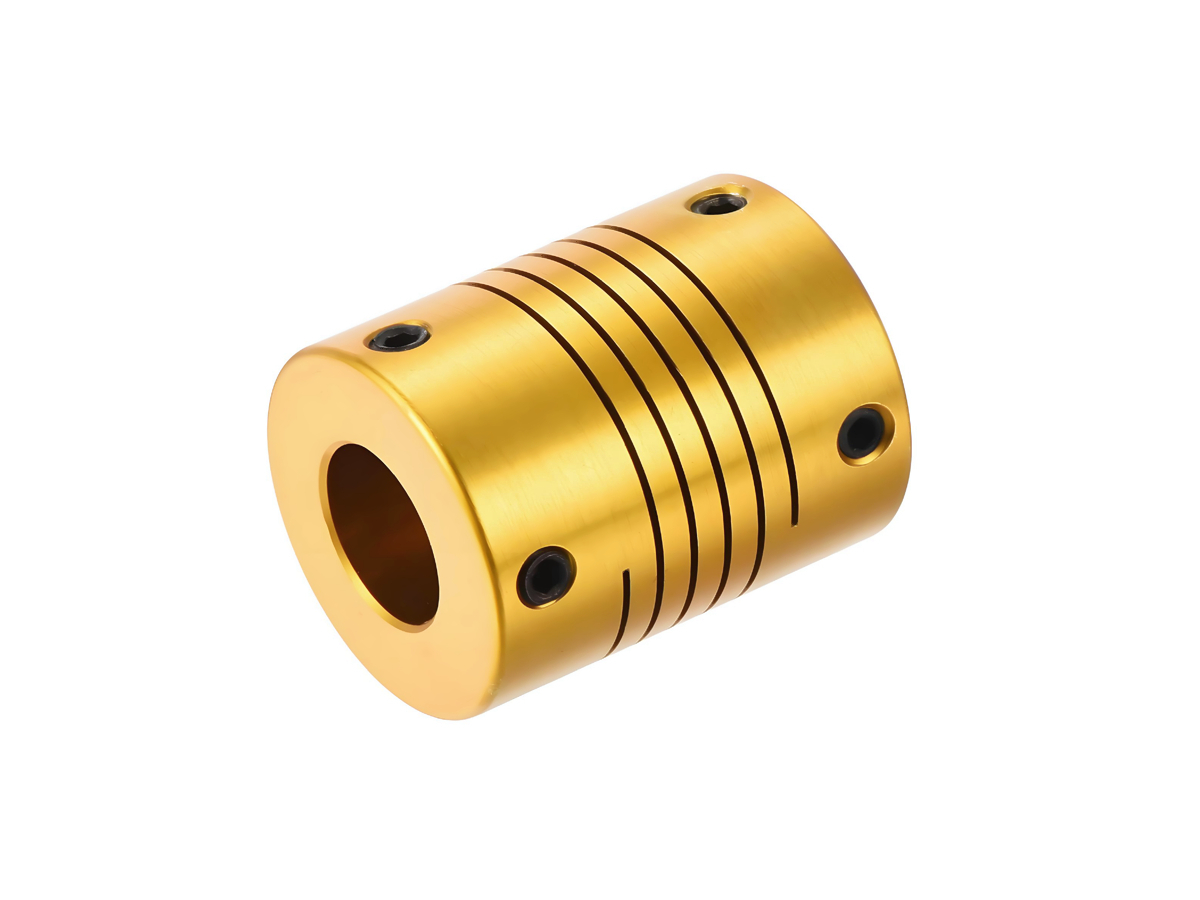High-Strength Beryllium Copper C172 CNC Machining for Medical Device Manufacturing
Introduction
The medical device industry demands precision, reliability, high strength, and excellent biocompatibility from materials. Beryllium Copper C172, known for its superior mechanical properties, outstanding conductivity, and corrosion resistance, is increasingly utilized in specialized medical device applications, including surgical instruments, connectors for diagnostic equipment, precision springs, and medical sensors.
Advanced CNC machining enables precise fabrication of Beryllium Copper C172 components, delivering exceptional dimensional accuracy, intricate detailing, and optimized mechanical performance. CNC-machined Beryllium Copper C172 parts significantly enhance medical device safety, functionality, and reliability.
Beryllium Copper C172 for Medical Device Applications
Material Performance Comparison
Material | Tensile Strength (MPa) | Yield Strength (MPa) | Conductivity (%IACS) | Typical Applications | Advantage |
|---|---|---|---|---|---|
1310-1480 | 965-1105 | 22-25 | Surgical instruments, precision springs, connectors | High strength, excellent fatigue resistance | |
515-620 | 205-310 | 2-3 | Surgical instruments, implants | High biocompatibility, corrosion resistance | |
950-1100 | 880-950 | 1-2 | Orthopedic implants, structural components | Lightweight, exceptional biocompatibility | |
310 | 275 | 40-45 | Diagnostic equipment housings | Lightweight, cost-effective machining |
Material Selection Strategy
Selecting Beryllium Copper C172 for medical devices involves considerations of mechanical strength, conductivity, fatigue resistance, and precision:
Precision springs, surgical instruments, and electrical connectors in diagnostic equipment benefit from Beryllium Copper C172’s superior tensile strength (up to 1480 MPa) and excellent electrical conductivity.
Surgical tools and implantable devices prioritizing biocompatibility and corrosion resistance typically choose Stainless Steel SUS316L.
Structural medical components, implants, and lightweight parts demanding exceptional biocompatibility and strength-to-weight ratios select Titanium Ti-6Al-4V.
For equipment housings, device brackets, and general-purpose medical devices seeking lightweight, economical machining, choose Aluminum 6061.
CNC Machining Processes
Process Performance Comparison
CNC Machining Technology | Dimensional Accuracy (mm) | Surface Roughness (Ra μm) | Typical Applications | Key Advantages |
|---|---|---|---|---|
±0.02 | 1.6-3.2 | Basic springs, electrical connectors | Economical, consistent quality | |
±0.015 | 0.8-1.6 | Surgical instrument handles, curved components | Improved accuracy, reduced setups | |
±0.005 | 0.4-0.8 | Complex medical instruments, precision springs | Superior precision, excellent finish quality | |
±0.003-0.01 | 0.2-0.6 | Micro-components, sensors, diagnostic tools | Maximum precision, intricate geometries |
Process Selection Strategy
Choosing the appropriate CNC machining process for medical Beryllium Copper C172 components depends on complexity, accuracy demands, and application:
Basic springs and electrical connectors benefit from the economical efficiency of 3-axis CNC Milling, ensuring reliable production and consistency.
Surgical instrument handles and moderately complex curved parts requiring greater accuracy (±0.015 mm) efficiently utilize 4 Axis CNC Milling.
Precision medical tools, intricate surgical instruments, and springs demanding stringent tolerances (±0.005 mm) rely on 5 Axis CNC Milling for optimal performance.
High-precision micro-components, specialized medical sensors, and highly detailed parts requiring ultra-high dimensional accuracy (±0.003 mm) require Multi-Axis CNC Machining, ensuring peak precision and reliability.
Surface Treatment
Surface Treatment Performance
Treatment Method | Corrosion Resistance | Wear Resistance | Biocompatibility | Typical Applications | Key Features |
|---|---|---|---|---|---|
Excellent (≥1000 hrs ASTM B117) | Moderate | Excellent | Surgical instruments, precision springs | Superior surface purity, enhanced biocompatibility | |
Outstanding (≥1500 hrs ASTM B117) | Very High (HV500-700) | Good | Connectors, wear-resistant surfaces | Exceptional hardness, enhanced conductivity | |
Excellent (≥1000 hrs ASTM B117) | High | Excellent | Surgical tools, diagnostic instruments | Ultra-smooth finish, improved sterility | |
Superior (>1000 hrs ASTM B117) | Very High (HV1500-2500) | Good | High-wear surgical instruments, precision devices | Superior wear resistance, reduced friction |
Surface Treatment Selection
Selecting surface treatments for Beryllium Copper C172 medical components involves corrosion resistance, biocompatibility, and durability:
Surgical instruments and precision springs prioritize Passivation to ensure superior corrosion resistance, enhanced surface purity, and biocompatibility.
Connectors and high-wear surfaces benefit from electroplating, which significantly enhances hardness, wear resistance, and electrical conductivity.
Electropolishing is used for optimal cleanliness, minimal contamination, and improved biocompatibility for medical instruments requiring smooth, sterile surfaces.
High-wear surgical instruments and precision diagnostic devices requiring superior durability and friction reduction select PVD Coating, maximizing component lifespan.
Quality Control
Quality Control Procedures
Rigorous dimensional verification using Coordinate Measuring Machines (CMM) and optical inspection.
Surface roughness testing with precision profilometers.
Mechanical testing (tensile, yield, fatigue) compliant with ASTM standards.
Corrosion resistance evaluations via ASTM B117 (Salt Spray Test).
Biocompatibility assessments conforming to ISO 10993 medical device standards.
Comprehensive documentation complies with ISO 13485, FDA guidelines, and medical device industry standards.
Industry Applications
Medical Device Component Applications
Precision surgical instruments and specialized tools.
High-performance electrical connectors for diagnostic devices.
Precision medical springs and flexible components.
Advanced sensor housings and medical equipment parts.
Related FAQs:
Why is Beryllium Copper C172 ideal for medical devices?
How does CNC machining enhance Beryllium Copper medical components?
Which surface treatments best suit Beryllium Copper medical parts?
What precision levels are achievable for medical device CNC machining?
What quality standards apply to medical CNC machining with Beryllium Copper C172?

